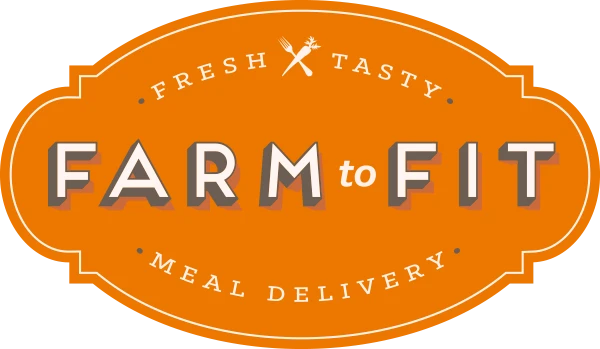Top 3 Best & Worst Foods for Gut Health
Posted on
There is an ever growing amount of research that showcases the enormous role our guts play in our health and well-being. Aside from aiding in digestion, the good bacteria in the gut produces vitamins and minerals that help support a healthy immune system, reduce inflammation, and keep chronic diseases at bay.
You can enhance your gut naturally through what you do and do not eat. First, let’s start with that you should be adding to your diet for a healthy microbiome and then we will get to what you should avoid:

Best Foods For a Healthy Gut
- Fermented Foods: Fermented foods like sauerkraut, kimchi, kombucha, and yogurt, are full of probiotics that add good bacteria to your gut. This can easy be found at any store or market, but can also be a fun project to make at home!
-
High Fiber Foods: Think beans, oats, and fresh fruits like blueberries and raspberries. Fiber is a type of carbohydrate found in plant-based foods, and it’s categorized as soluble or insoluble. Both types help with gut health by assisting with digestion and preventing constipation.
- Prebiotic Foods: It’s not enough to just eat probiotic rich foods (foods that add good bacteria), you also have to eat foods that help keep the good bacteria alive! A few examples of prebiotic foods include asparagus, bananas, garlic, oats, and onions.
Worst Foods for a Healthy Gut
- Artificial Sweeteners: These sweeteners pass through the body without being digested, yet they come into contact with the microflora in the gut, negatively changing the composition of the microbiome.
- Processed and Refined Foods: The biggest issue with processed and refined foods is that they lack diversity and fiber and are often filled with added sugars, salt, artificial sweeteners and/or additives and preservatives.
- Alcohol: High alcohol consumption can completely change the intestinal microbiome. Make sure to consume alcohol in moderation, which is one drink per day for women and two for men.
